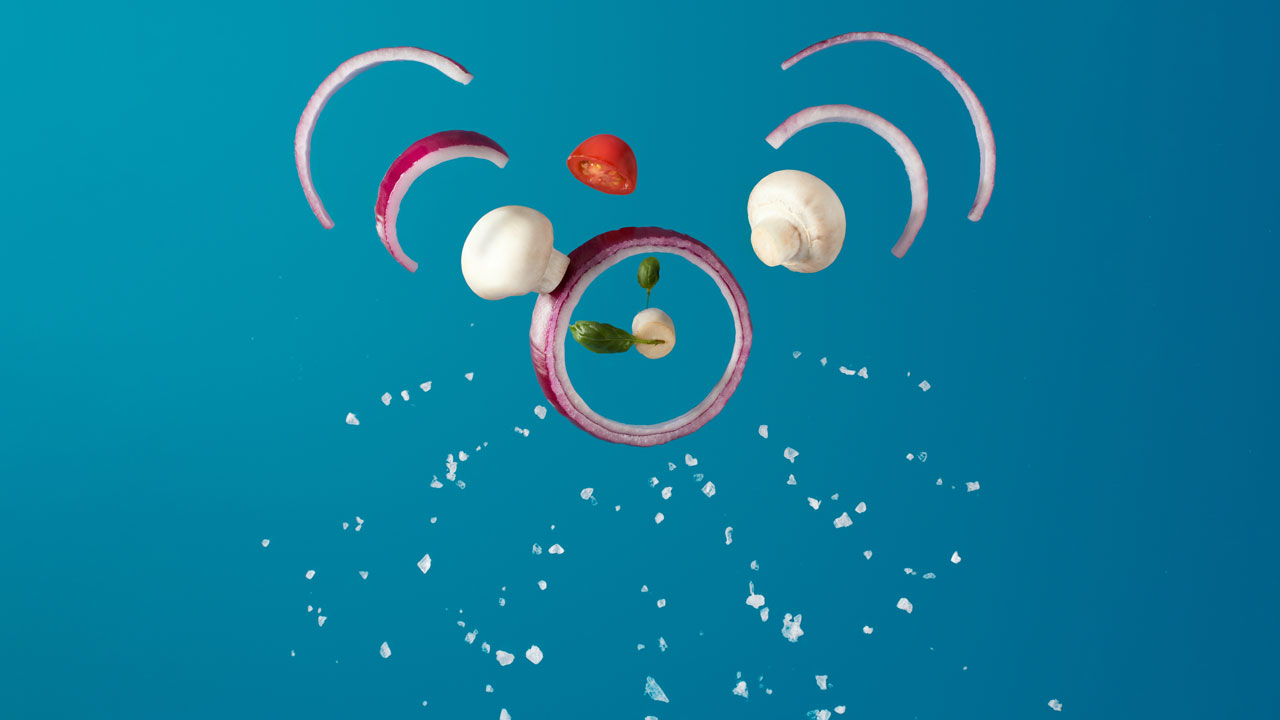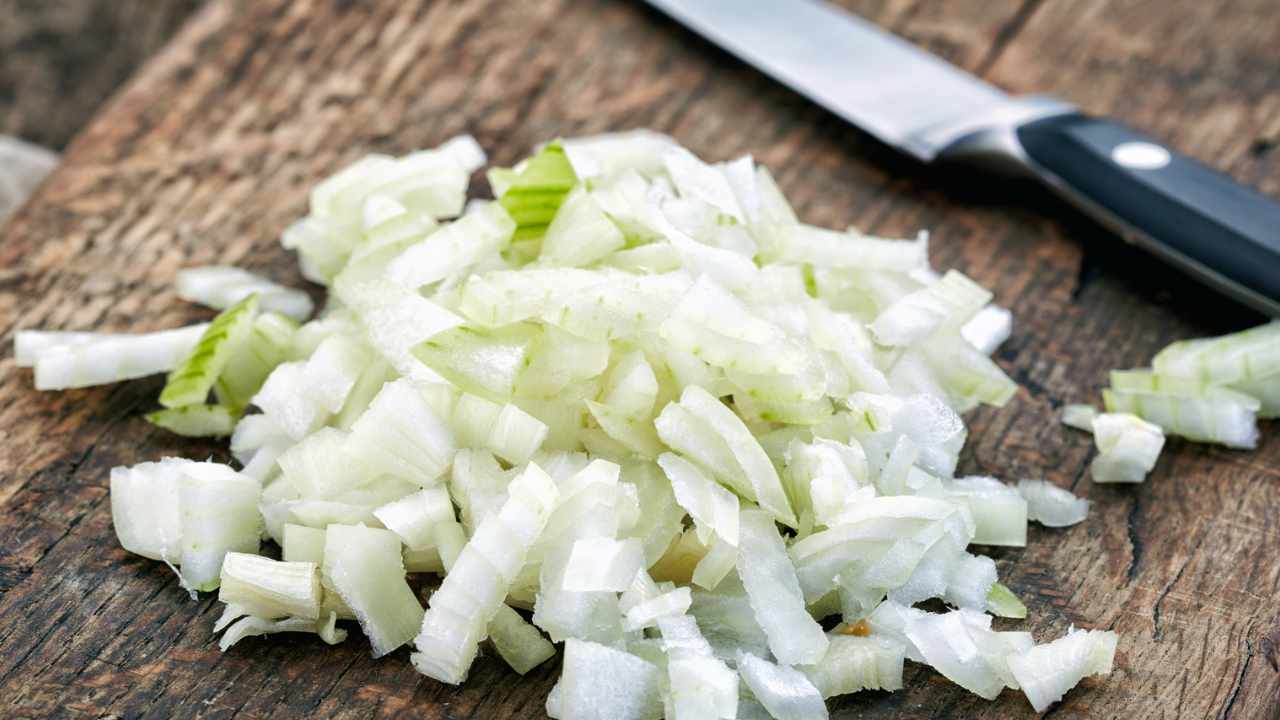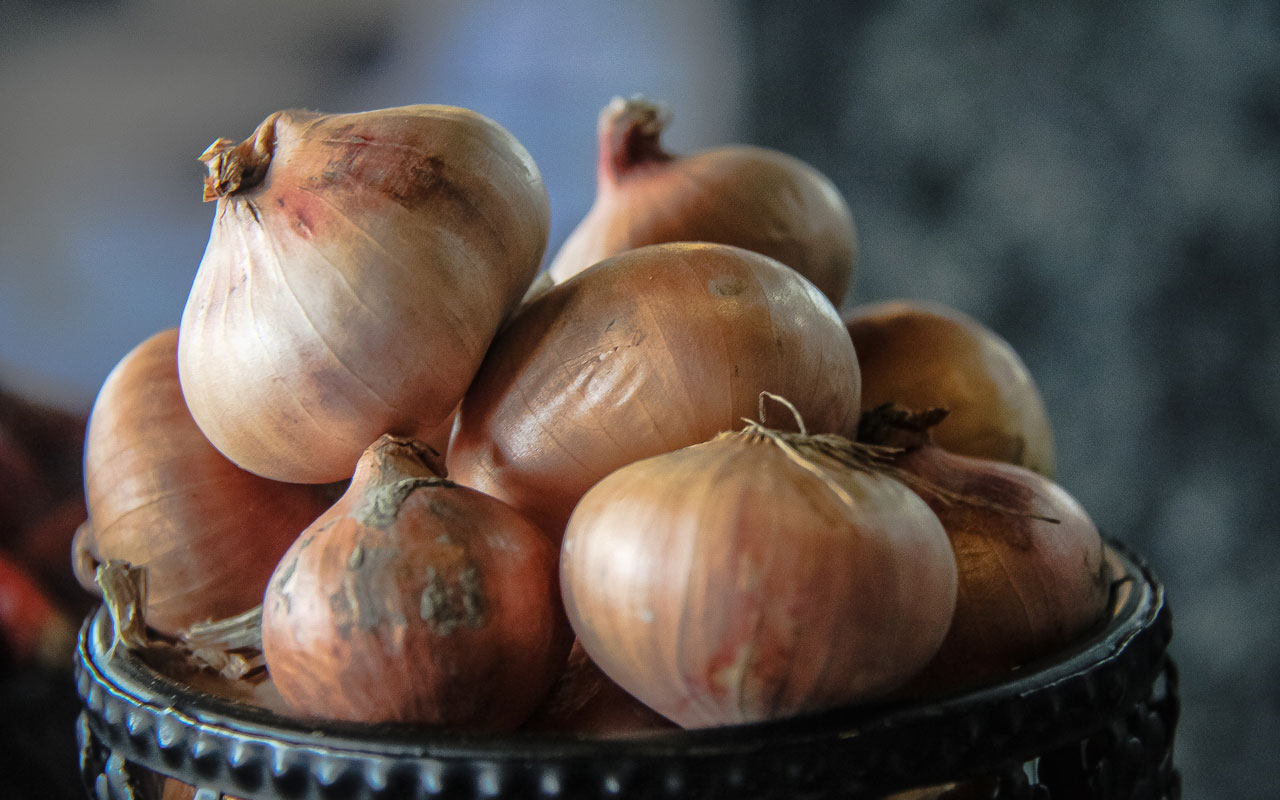How to Make Onion Easier to Digest: You Should Know this Trick
The onion, especially in Mediterranean cuisine, reigns as the undisputed queen of numerous dishes. They’ve been known since ancient times, it imparts a distinct aroma and serves as a foundational element in many classic recipes due to their unique scent.

Onions are rich in valuable nutrients such as vitamins, minerals, and antioxidants, highly regarded for their health benefits. However, the sulfur and essential oils they contain can lead to digestive discomfort for certain individuals. The encouraging news is that you can still relish onions without causing distress to your stomach. There are methods to render them gentler on digestion without compromising their flavor or health advantages.
The Key to Enhancing Onion Digestibility
First and foremost, it’s important to clarify that the notion that cooked onions are more digestible than raw ones is incorrect.

Onions, in fact, promote digestive health. Regular consumption supports digestion and can even stimulate the appetite while aiding in averting issues like constipation. If the pungency of raw onion is not to your liking, consider lightly cooking it, avoiding methods like frying or browning that could diminish its benefits.
To render onions more stomach-friendly, marinating is a prime strategy. Marination contributes to the softening of onions and reduces the concentration of irritants. You can marinate onion slices or whole onions in white wine, lemon juice, or apple cider vinegar for at least 30 minutes before consumption.

An additional technique to enhance the digestibility of raw onions is to immerse them in cold water for at least 10 minutes prior to use. This initiates an osmosis process that reduces the concentration of irritants and compounds present in the vegetable.
Finally, if you have digestive problems with onions, you can try milder kinds like Vatolla and Cannara onions. These cultivars boast a sweeter and gentler profile. They contain fewer sulfur and essential oils compared to their white or red counterparts, making them more amenable to digestion.





